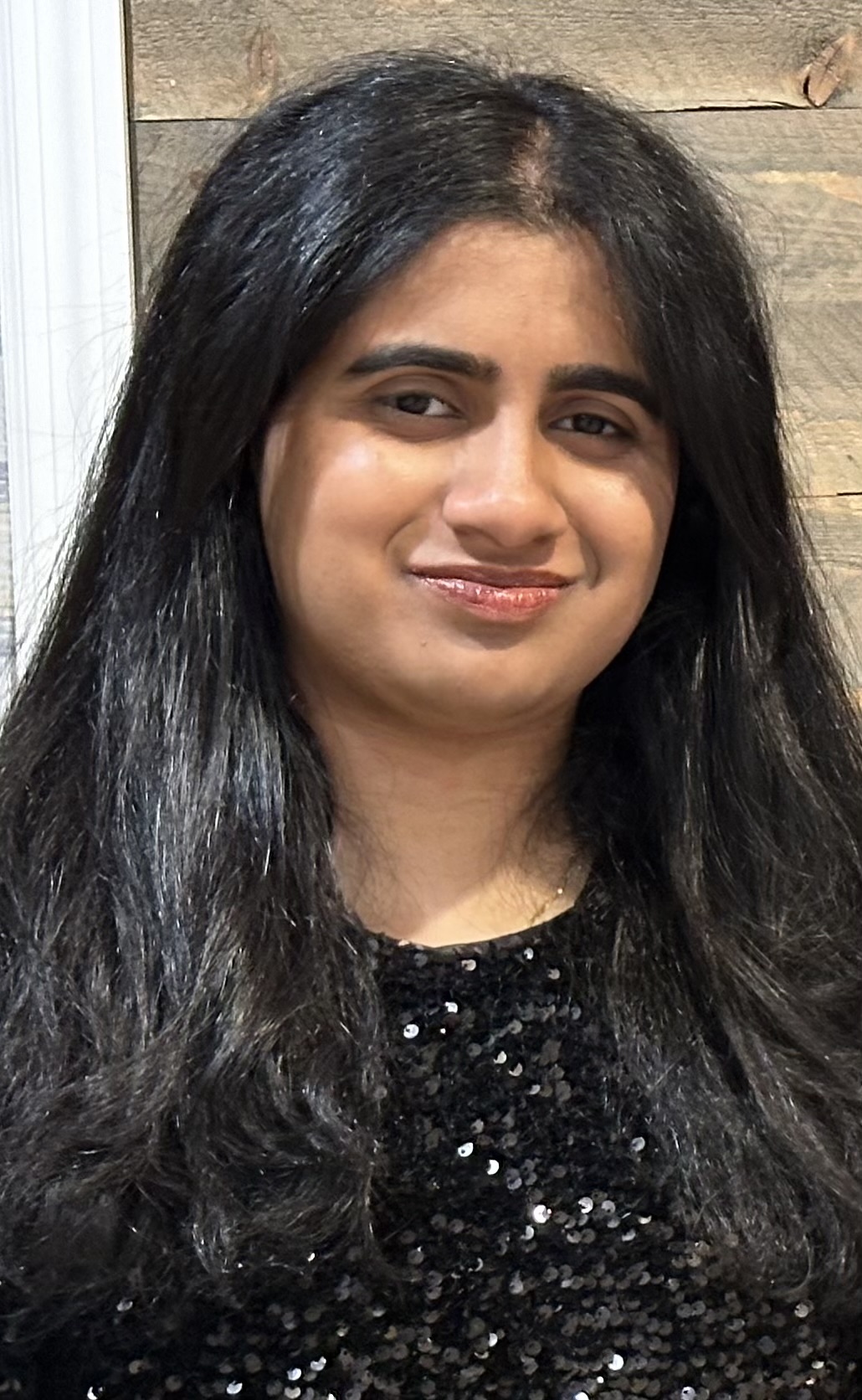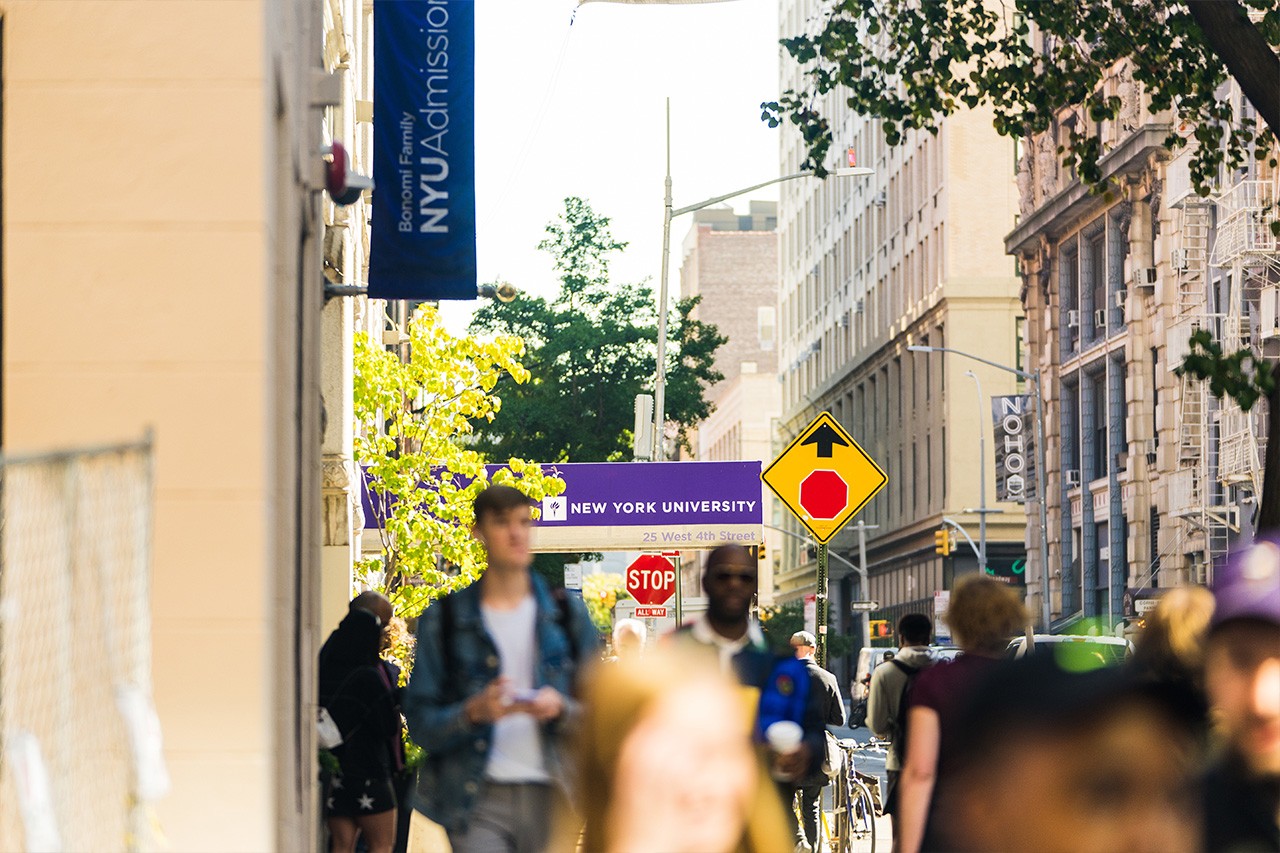Published May 22, 2025
A Hidden Minor: Leadership, Spirituality, and Social Innovation
During the fall of 2024, I took a class called “What Really Matters” taught by Prof. Khalid Latif and Prof. Yael Shy. “What Really Matters” teaches you how to address the five main regrets that people have before their death. One day during class, someone came to speak about The Leadership, Spirituality, & Social Innovation minor (formerly called the Multifaith Leadership minor). I instantly thought: “Oh my gosh, this is my minor. It resonates with me on a spiritual level (no pun intended).” Coincidentally, I also found that What Really Matters also counted towards this minor, so I decided to look into the other requirements.
It is meant for those who are interested in learning about big questions such as how religion affects everyday life, why people have religion, and the relationship between faith, religion and service. After looking at the requirements, I realized that this is my minor, and I was also able to count an elective Gallatin class called Engaged Research towards the credits. I was so proud that I was able to complete 6 out of 16 credits naturally. Since I decided to pursue this minor, I decided to take a course called Shaping Change: Spirituality, Service, and Social Justice by Prof. Woods. So far, I love the class!
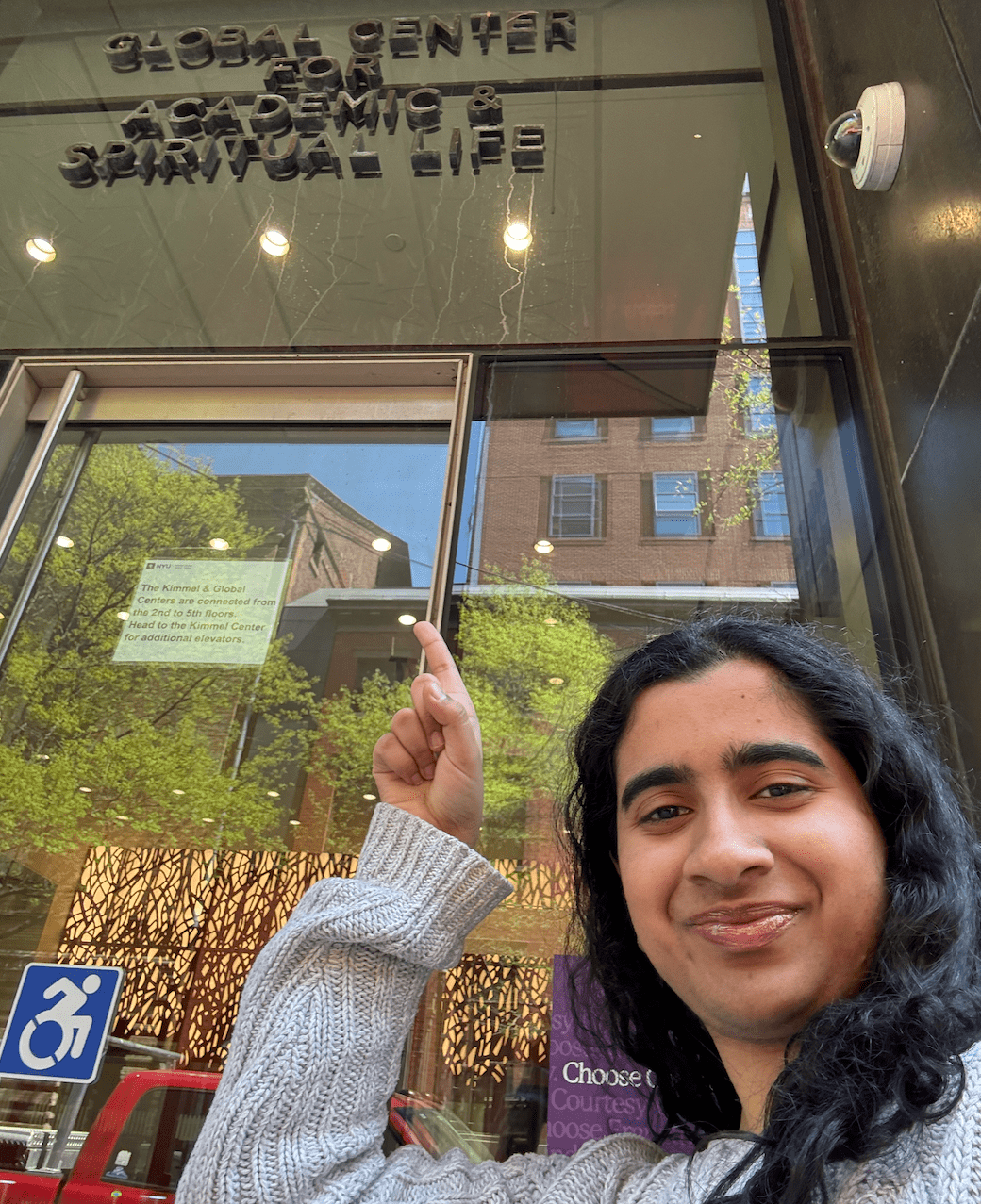
This minor is an excellent way to combine a love of service into your education. Shaping Change: Spirituality, Service, and Social Justice is a great class for those who want to pursue this minor because it gives you a great opportunity to perform service as a college student. One requirement is we have to volunteer with an organization for 20 hours throughout the semester.
I volunteered at my community center in Queens called the CommonPoint. I volunteered at the basketball, music and karate classes for children. I also volunteered at the food pantry because I am passionate about helping increase access to food. Both experiences were rewarding because I was able to give my time to two different groups of people. The 20-hour requirement may sound like a lot, but as long as you plan ahead you can space it out easily and you will be fine!
Also, this class allows you to read extremely fascinating texts that allow you to gain a deeper understanding about service and its complex relationship with society. For example, after reading Karen Armstrong’s The Great Transformation and my service experience at Commonpoint Queens, I have learned that service means an opportunity to be a part of a larger cause or entity that is not always about you.
In my daily life, sometimes it is easy to feel alone and you are only doing tasks simply because you have to. Service allows me to step into a new unfamiliar space and provide much needed disruption to my daily routine. Service enables you to see yourself in different ways you may have never thought of before. For example, I noticed I loved working kids and I gained more confidence in myself talking to the other volunteers at the pantry. Through working with children with disabilities at the Basketball Buddies program, I learned that one needs patience and kindness for service, which are core values that can be found in any religion.
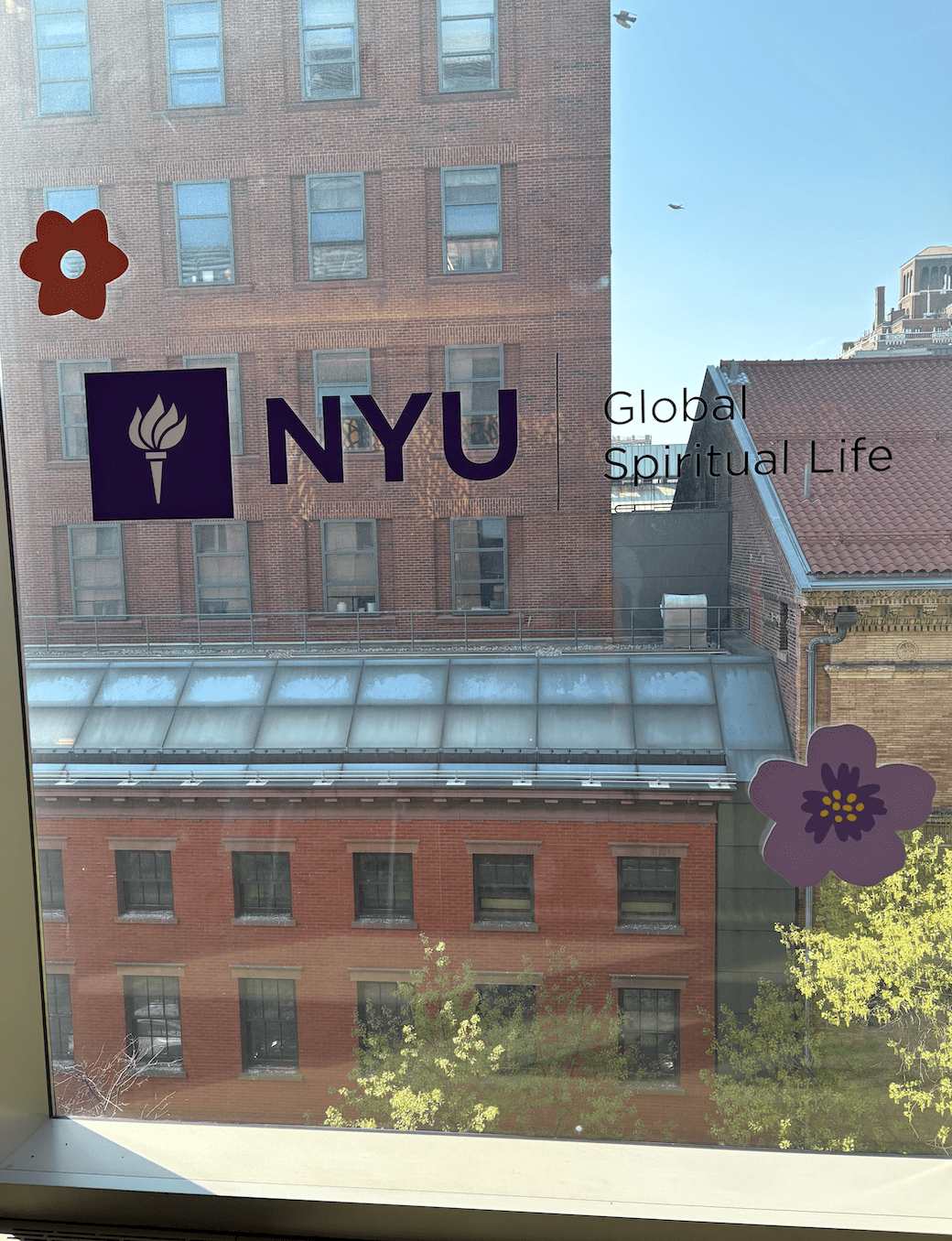
Before college, I also attended a Catholic high school. For me, religion has played a role in my life even though it may not have been my own. As a Hindu attending a Catholic high school, I appreciated the opportunity to draw cross-theological connections between both faiths. For instance, Hinduism and Christianity do value being of service to others whether it is humans, creatures, or God. While the definitions and social contexts of service may differ, both religions treat service as a core value, as a sign of human goodness, and a guaranteed path to salvation or heaven. This class helped me explore those crucial parts of my identity.
Honestly speaking, I did not realize that religion and faith played a huge role in my life. The Leadership, Spirituality and Social Innovation minor also allows you to bridge connections across different religions and gives you an opportunity to study different ways of religious thought. One time in class, we did an exercise where we read an excerpt of different religious texts such as the Bible, Bhagavad Gita, Quran and Torah. I personally found it very enlightening that all of them had the same message of love, peace, and living in service to fellow humans.
My inspiration for service derives greatly from my personal life. When I was younger, I used to take speech therapy classes and people would often make assumptions about my ability to talk since I was extremely quiet. However, as I got older, I learned the importance of my speech therapy classes because if I did not get help when I was small, I do not believe I would be where I am today. During my time in high school, I started to volunteer with Commonpoint during my freshman summer. Additionally, I volunteered with an organization called Smile Train that specialized in providing cleft services which included surgery as well as therapy services for children.
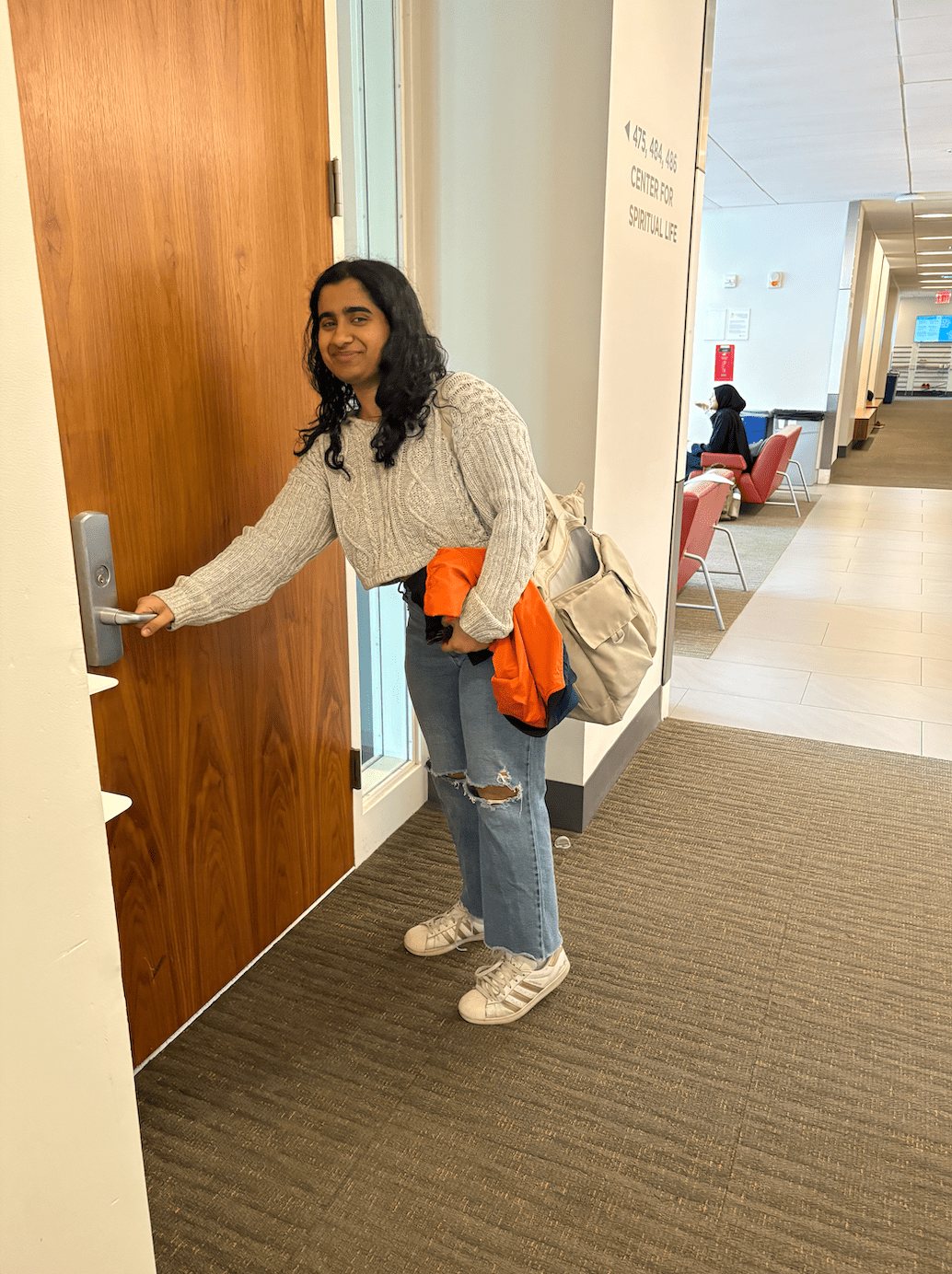
While volunteering with both organizations, I noticed the differing types of volunteering that I did at each. At the Commonpoint, I volunteered my time and physical self, while with Smile Train I gave my time and resources to help fundraise. I loved volunteering with both organizations because I was able to learn about causes that I was truly passionate about: the protection of children and enhancing food access. However, I acknowledge that while I did love volunteering, there were challenges I had to work around such as my schoolwork and routine tasks of daily life.
While I understand that volunteering is important, an initial concern I had was worrying about how to balance my schoolwork and ensuring that I also complete my daily tasks, such as helping out my family. For those who love volunteering and giving back to their community, this minor shows you absolutely do not need to give that up in college.
While the name may suggest that the minor is more about theological studies, I can assure you that it is more based on understanding religion in order to connect it to performing service for others. Despite these challenges, I am still motivated to volunteer because as someone who was supported by their community, I strongly believe in the importance and justice of paying it forward. I am proud that my life experiences and education from this minor taught me how to become a better and more informed volunteer.
